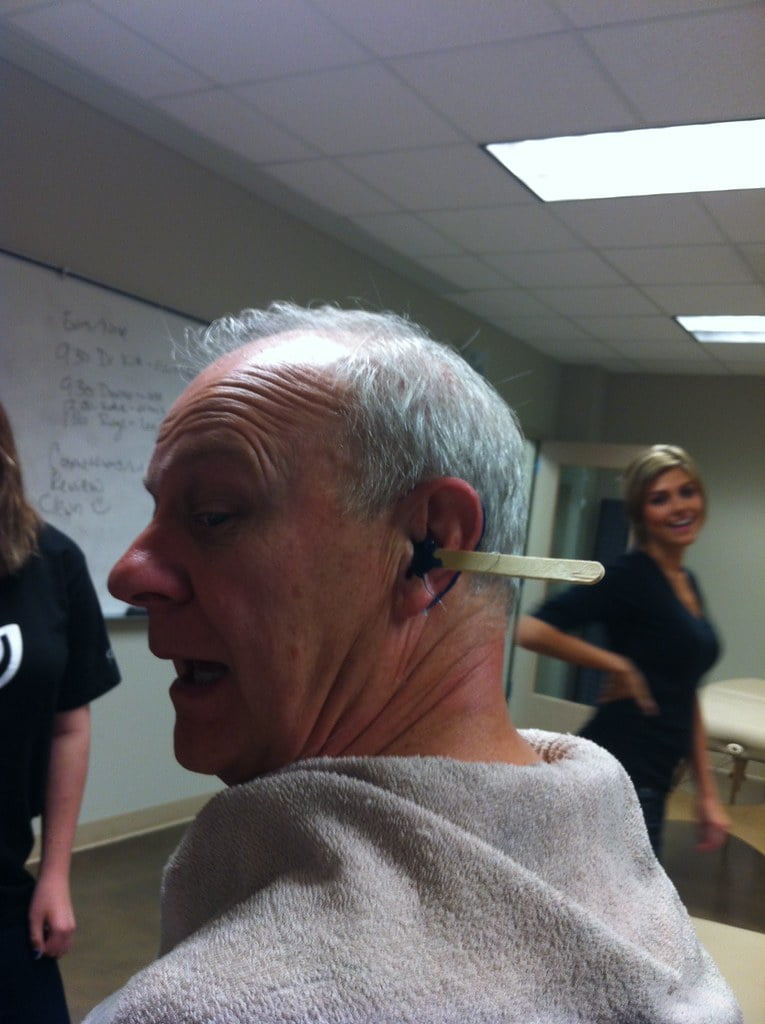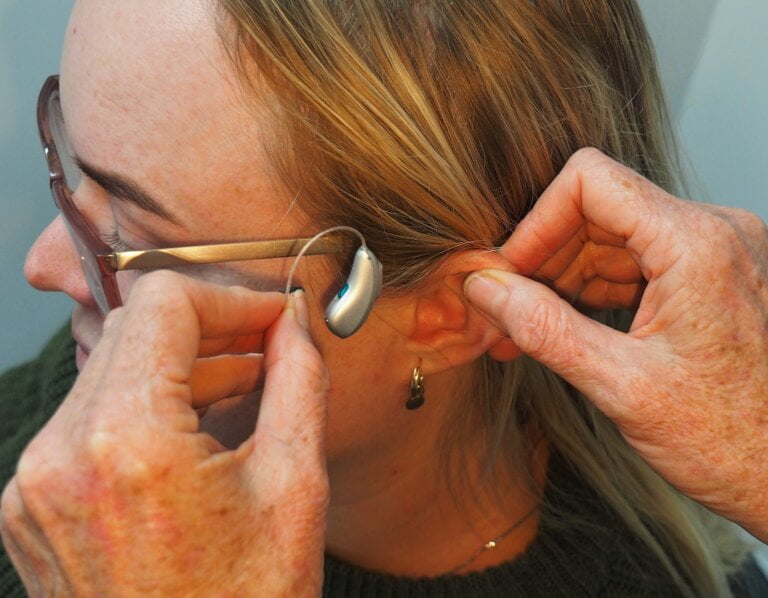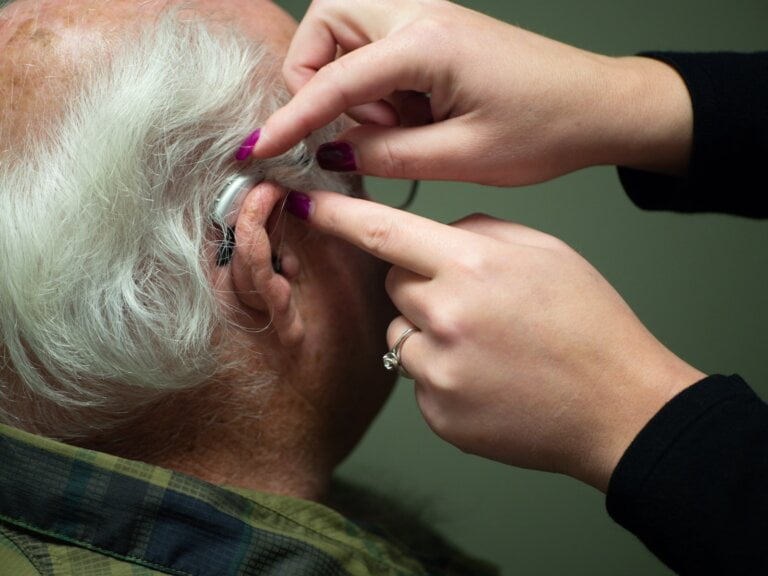Learning for Life: Exploring Continuing Education in Microsuction
Last Updated on 25th April 2024 by Admin
Continuing education plays a vital role in the field of microsuction, allowing professionals to stay updated with the latest advancements, techniques, and best practices. As an SEO content writing expert, I am thrilled to delve into the world of continuing education in microsuction and provide you with a comprehensive overview of its benefits, available options, and how it can contribute to professional growth and patient care.
The Importance of Continuing Education in Microsuction
Microsuction is a specialized technique used to remove earwax and foreign bodies from the ear canal. It requires precision, skill, and knowledge to ensure safe and effective procedures. To maintain the highest standards of care, professionals in the field must actively engage in continuing education.
Benefits of Continuing Education
-
Updated Knowledge: Continuing education enables microsuction practitioners to stay updated with the latest advancements, research, and techniques. This knowledge ensures that they provide the most effective and evidence-based care to their patients.
-
Enhanced Skills: By participating in continuing education programs, professionals can improve their technical skills and gain expertise in specific areas of microsuction. This allows them to deliver better outcomes and patient satisfaction. For example, they can learn advanced techniques for difficult cases or acquire specialized knowledge in using specific equipment.
-
Professional Growth: Continuous learning fosters professional growth by expanding the practitioner’s knowledge base, enabling them to take on more challenging cases, and potentially advancing their career within the field of microsuction. This growth can lead to increased opportunities for leadership roles, research involvement, or even starting their own practice.
-
Networking Opportunities: Continuing education events and courses provide excellent networking opportunities, allowing professionals to connect with peers, exchange knowledge and experiences, and build valuable relationships within the industry. Through networking, microsuction practitioners can collaborate on research projects, share best practices, and stay informed about the latest developments.
-
Maintaining Compliance: Many regulatory bodies require professionals to participate in continuing education to maintain their licenses or certifications. By fulfilling these requirements, practitioners can ensure compliance with regulatory standards, demonstrate their commitment to quality care, and uphold professional ethics.
Available Options for Continuing Education in Microsuction
Professionals seeking to pursue continuing education in microsuction can explore various avenues tailored to their specific needs and preferences. Here are some options to consider:
1. Workshops and Training Courses
Workshops and training courses offer hands-on learning experiences, allowing participants to refine their microsuction skills under the guidance of experienced instructors. These sessions often cover a wide range of topics, including advanced techniques, equipment usage, safety protocols, and patient communication. Workshops may also provide opportunities for participants to practice on models or cadavers, further enhancing their skills.
2. Online Learning Platforms
Online learning platforms provide convenient and flexible options for professionals to enhance their knowledge remotely. These platforms offer a variety of courses, webinars, and video tutorials specifically designed for microsuction practitioners. Participants can access the content at their own pace, making it ideal for those with busy schedules. Additionally, online platforms often provide interactive forums or discussion boards where professionals can engage with instructors and peers, fostering collaborative learning.
3. Conferences and Seminars
Attending conferences and seminars allows professionals to immerse themselves in the latest developments and trends in the field of microsuction. These events often feature renowned speakers, panel discussions, and interactive sessions that facilitate knowledge sharing and networking opportunities. Professionals can learn about cutting-edge research, innovative techniques, and emerging technologies through presentations and demonstrations. Conferences may also offer opportunities for professionals to present their own work, showcasing their expertise and contributing to the advancement of the field.
4. Mentorship Programs
Mentorship programs provide a unique opportunity for professionals to learn directly from experienced microsuction practitioners. Mentors can guide mentees through case studies, share valuable insights, and provide ongoing support and feedback. This personalized approach accelerates learning and professional growth. Mentorship programs can be structured through formal arrangements within organizations or through informal connections established through networking.
5. Professional Associations and Organizations
Joining professional associations and organizations dedicated to microsuction can offer numerous benefits, including access to educational resources, research updates, and networking opportunities. These associations often host webinars, workshops, and provide valuable publications that contribute to continuing education. By actively participating in these associations, professionals can stay connected with the latest advancements and collaborate with peers on research projects or quality improvement initiatives.
The Impact of Continuing Education on Patient Care
Continuing education not only benefits professionals but also has a significant impact on patient care. Here’s how:
-
Improved Outcomes: By staying updated and continuously improving their skills, microsuction practitioners can deliver improved patient outcomes. They can provide safer and more effective treatments, reducing the risk of complications and enhancing overall patient satisfaction. Continual learning allows practitioners to adapt to new evidence-based practices, ensuring that they are providing the best possible care to their patients.
-
Enhanced Safety Measures: Continuing education helps professionals stay informed about the latest safety protocols and guidelines. By adhering to these practices, practitioners can minimize the risk of infections, injuries, and other adverse events during microsuction procedures. They can learn about proper hygiene practices, infection control measures, and how to identify and manage potential complications.
-
Patient Education: Through continuing education, professionals acquire the knowledge needed to educate their patients about the benefits, risks, and aftercare instructions related to microsuction. This empowers patients to make informed decisions and actively participate in their own healthcare. Practitioners can explain the procedure, potential side effects, and post-treatment care, ensuring that patients have realistic expectations and can take appropriate measures to optimize their recovery.
-
Increased Trust and Confidence: Patients place their trust in healthcare professionals who demonstrate dedication to their field through continuous learning. By investing in their own education, microsuction practitioners inspire confidence and build strong relationships with their patients. Patients are more likely to trust practitioners who are knowledgeable, up-to-date, and committed to providing the best possible care.
In conclusion, continuing education is vital for professionals in the field of microsuction. It not only allows practitioners to stay updated with the latest advancements but also enhances their skills, fosters professional growth, and ultimately improves patient care. By exploring various options such as workshops, online learning platforms, conferences, mentorship programs, and professional associations, microsuction practitioners can embark on a lifelong learning journey that contributes to their success and the overall advancement of the field.
FAQ – Continuing Education in Microsuction
Q: What are the benefits of continuing education in microsuction?
A: Continuing education in microsuction provides updated knowledge, enhanced skills, professional growth opportunities, and networking opportunities.
Q: What are the available options for continuing education in microsuction?
A: Professionals can pursue continuing education in microsuction through workshops and training courses, online learning platforms, conferences and seminars, mentorship programs, and professional associations and organizations.
Q: How does continuing education in microsuction impact patient care?
A: Continuing education in microsuction improves patient outcomes, enhances safety measures, enables better patient education, and increases trust and confidence between practitioners and patients.
Q: How does continuing education contribute to professional growth in microsuction?
A: Continuing education in microsuction expands knowledge, allows practitioners to take on more challenging cases, and opens up opportunities for leadership roles, research involvement, and career advancement within the field.







